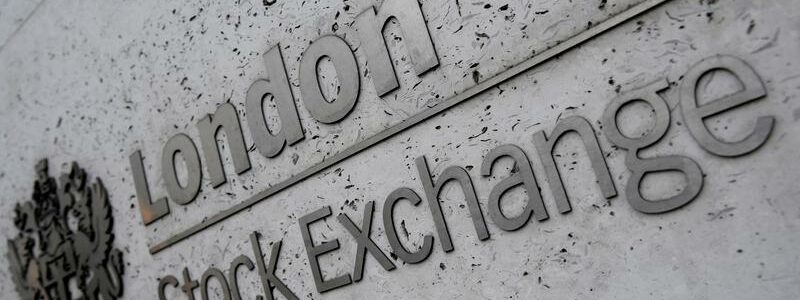
Consumer staples, financials lift FTSE 100 after worst week since February
(Reuters) -London’s FTSE 100 ended higher on Friday, helped by gains in consumer staple stocks and financials, while a clutch of corporate updates helped investors look past a surprise drop in retail sales.
After falling 0.4% in early trade, the blue-chip index rebounded to end 0.4% higher, but still recorded its worst week since February on concerns over slowing economic growth.
Dollar-earning consumer staples stocks, including Unilever, British American Tobacco and Imperial Brands, gained between 0.6% and 2.5% on a weaker pound.
Official data showed British retail sales volumes dropped by 2.5% in July from June, against expectations of a 0.4% rise.
The blue-chip FTSE 100 has recovered nearly 28% from October 2020 lows to settle near its 7,100 level on support from easy central bank policies, but a recent slowdown in economic growth and rising virus cases have capped further gains.
“Markets may struggle for direction until the latter part of next week given a dearth of corporate and economic updates with the Jackson Hole summit kicking off next Thursday,” said Danni Hewson, financial analyst at AJ Bell.
“Giving central bankers and other economic decision makers a chance to outline their plans for the next phase of the pandemic recovery.”
Retail stocks were the top gainers, primarily led by strong gains in Marks & Spencer on robust earnings and Morrisons after it accepted a takeover deal.
The domestically focussed mid-cap index rose 0.6%, but snapped its four-week winning streak.
Marks and Spencer jumped 14.1% to the top of the mid-cap index after saying it expected its annual profit to be above forecasts.
Supermarket chain Morrisons rose 4.2% after it agreed to a takeover offer from U.S. private equity group Clayton, Dubilier & Rice (CD&R).
Drugmaker fell 0.1% after it said its newly acquired Alexion division was halting a late-stage trial of its treatment for a rare neurological disorder. However, positive test results from its antibody therapy to prevent COVID-19 helped to limit losses.
Source: Read Full Article